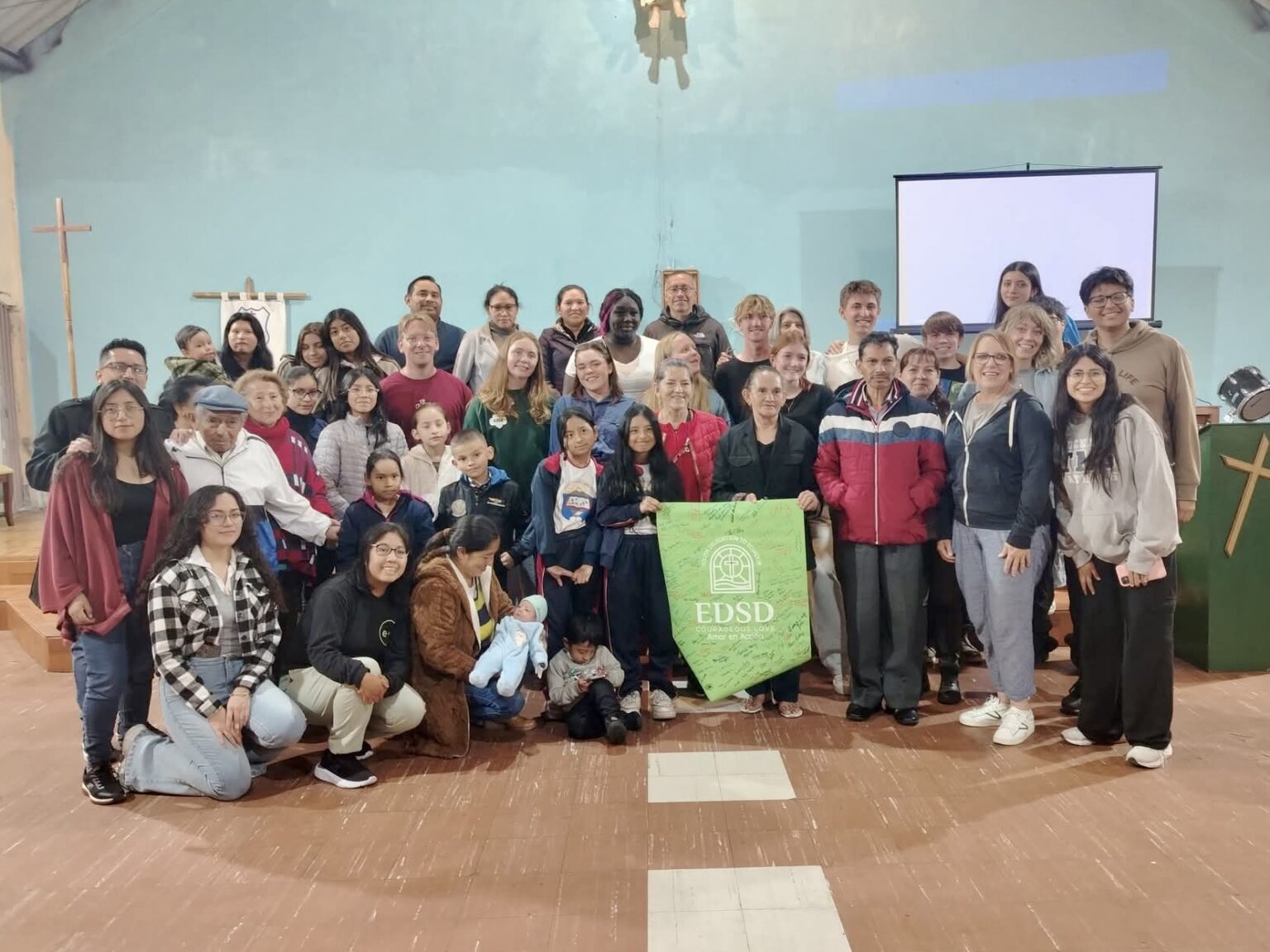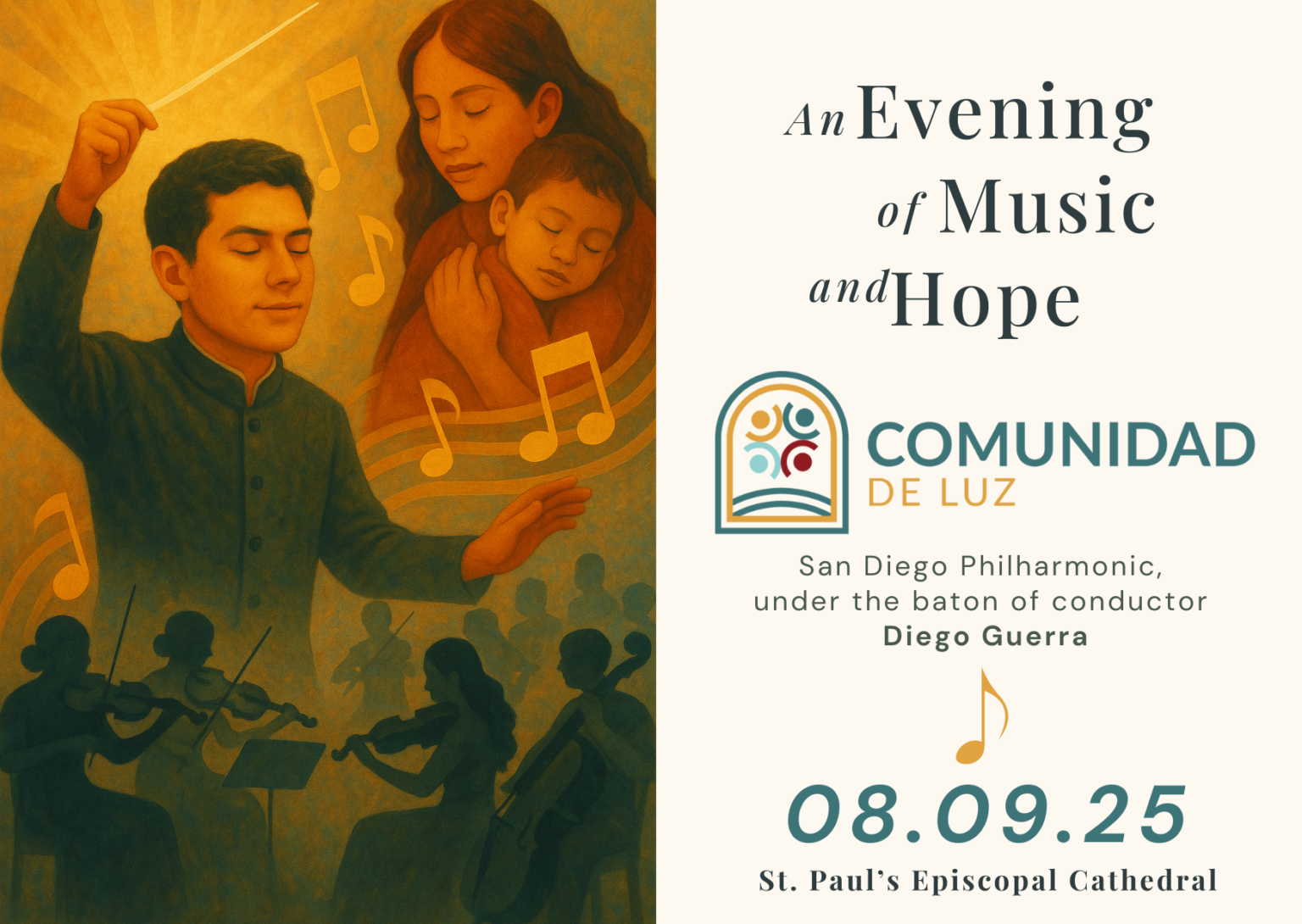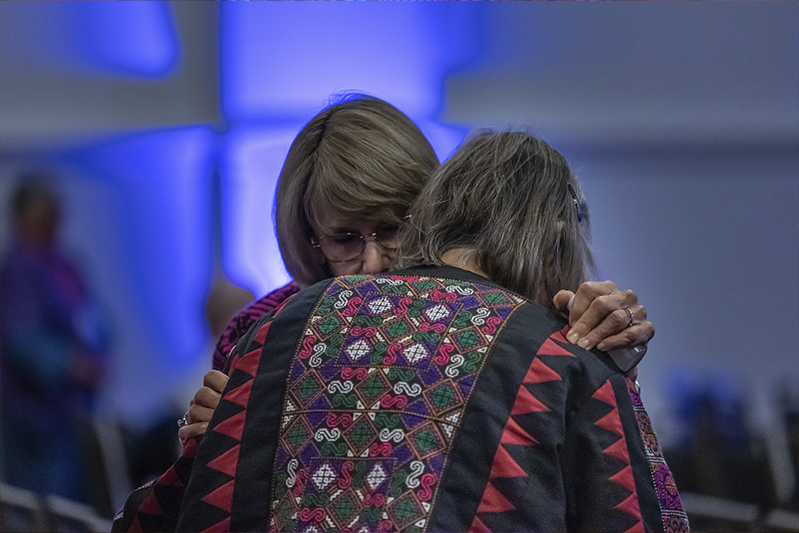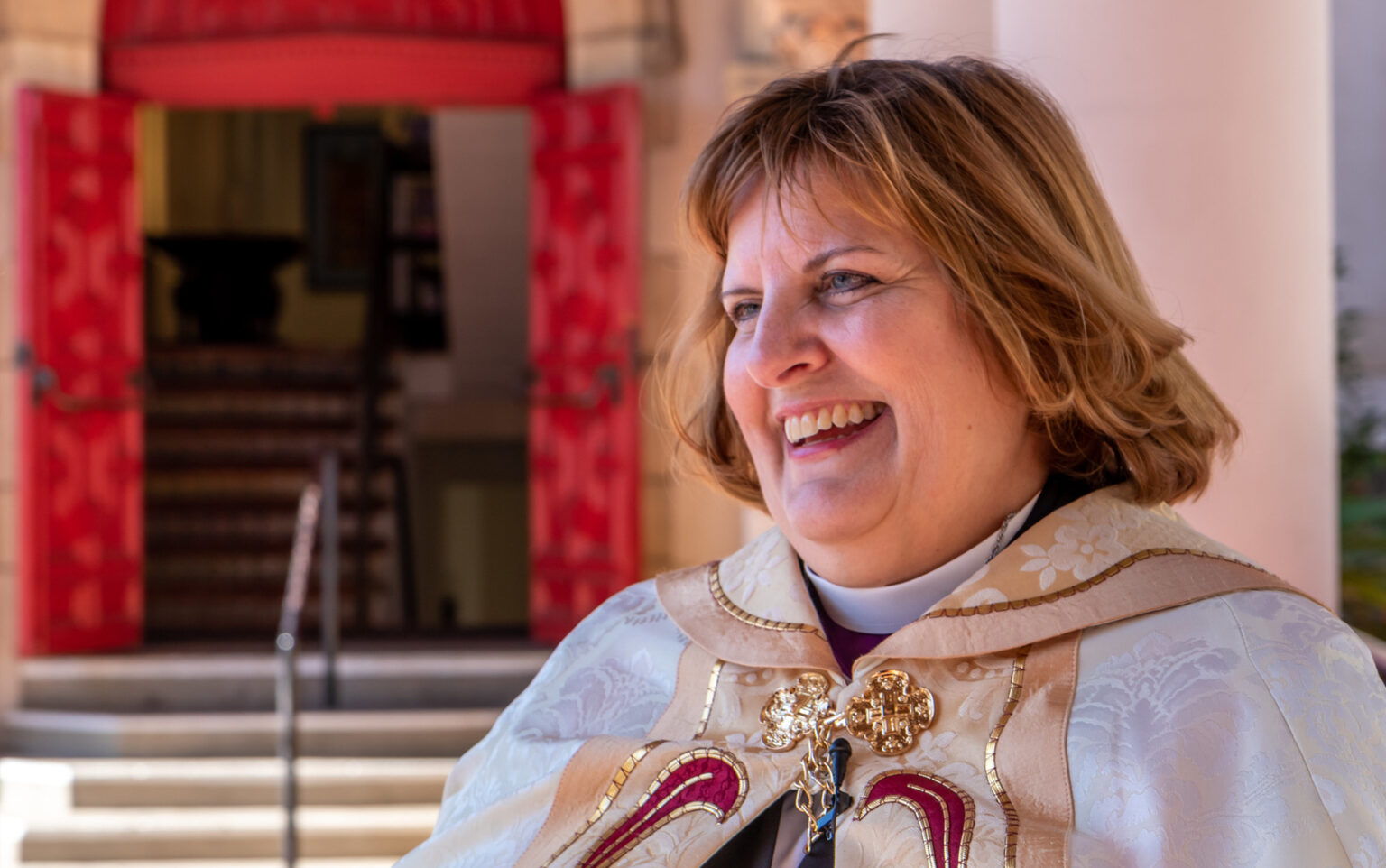This week, we celebrate the 4th of July – the 249th anniversary of the signing of the Declaration of Independence. It’s a holiday of picnics and fireworks and lots of red, white, and blue. And it is a day when Americans celebrate freedom, as outlined in the Declaration: “We hold these truths to be self-evident, that all men are created equal, that they are endowed by their Creator with certain unalienable rights, that among these are life, liberty, and the pursuit of happiness.”
The Declaration stated that freedom from something (Britain) meant freedom for something. It meant freedom to commit to the equality of all people – a promise our country has struggled to make a reality ever since. The equality of women was not considered as a possibility back then, and it would take the work of new freedom workers like Abraham Lincoln, Frederick Douglass and Martin Luther King to bring new births of freedom to people of all races. The American experience has made it clear that freedom must be newly won and newly born in every generation, and we haven’t reached it yet.

Pictured here are Bishop Felipe Pulido, Bishop Ramón Bejarano, and Bishop Michael Pham, who gave a moving testimony about his experience as a refugee from Vietnam.
Today, we struggle to find a balanced immigration policy in a nation built on immigration. While I am grateful that my ancestors came here centuries ago, so that I don’t personally face immigration challenges, I believe that my Christian call to compassion gives me a responsibility to care deeply about the welfare of more recent immigrants. This is why I joined the local Roman Catholic Bishops and others on June 20 in a ministry of presence at immigration court. We went, not to protest or to interfere, but to provide a ministry of compassionate presence and care for God’s people, demonstrating our concern for all immigrants along with our respect for the rule of law. I pray for just and fair treatment for all who suffer in our country today – those without homes, those dependent on government services, those whose race, nationality, religion, or sexuality put them at risk in a dangerous world. Such care for the welfare of others is one of the obligations that comes with Christian freedom.
As Christians, our faith gives a new dimension to what the ongoing work of freedom in human lives requires. Some people believe that “freedom” means we are not constrained by anything, and any individual can do what they want to do, even if that means other people suffer as a result. But our scriptures tell Christians that freedom is not like that at all; it is not selfishness, it is not acquisitiveness, it certainly doesn’t free us to victimize others; instead it comes not only with rights and privileges, but also duties and responsibilities.
Paul’s letter to the Galatians, which we have been reading in church the past two Sundays, contains a remarkable meditation on Christian freedom, and how we are to enact it in our lives. Two Sundays ago, we read Paul’s great declaration of the equality of all people: “There is no longer Jew or Greek, there is no longer slave or free, there is no longer male and female; for all of you are one in Christ Jesus” (Galatians 3:28). Last Sunday we read further in Paul’s letter, to hear him describe what this oneness in Christ implies: Christian freedom. He wrote:
For freedom Christ has set us free. Stand firm, therefore, and do not submit again to a yoke of slavery.
For you were called to freedom, brothers and sisters; only do not use your freedom as an opportunity for self-indulgence, but through love become slaves to one another. For the whole law is summed up in a single commandment, “You shall love your neighbor as yourself.” If, however, you bite and devour one another, take care that you are not consumed by one another.
Live by the Spirit, I say, and do not gratify the desires of the flesh. Now the works of the flesh are obvious: fornication, impurity, licentiousness, idolatry, sorcery, enmities, strife, jealousy, anger, quarrels, dissensions, factions, envy, drunkenness, carousing, and things like these. I am warning you, as I warned you before: those who do such things will not inherit the kingdom of God.
By contrast, the fruit of the Spirit is love, joy, peace, patience, kindness, generosity, faithfulness, gentleness, and self-control. (Galatians 5:1, 13-16, 19-22)
Paul tells us that Christian freedom means that we are free, not just from something –fear and evil, sin and death – but for something – free to live out the law of love, so free that we even have the power to love our enemies. Christ has set us free to love and serve others.
When we live without God’s love, we fall prey to the kinds of sins that afflict this world, evils we see around us every day: enmities, strife, jealousy, anger, quarrels, dissensions, factions, envy, drunkenness. Attitudes like this are the things that entrap people in cycles of poverty, addiction, and misery, that cause human beings to hurt and kill each other, that make the world such a dangerous place. The life of the flesh is the life of selfishness, the life a person lives if they care nothing for the welfare of anyone else. Paul says, when we live in the world this way, we are not free. We are trapped within a world of sin; we are slaves to what he calls the flesh.
But, he says, Christ sets us free to live by the Spirit, and the fruit of the Spirit is love, joy, peace, patience, kindness, generosity, faithfulness, gentleness, and self-control. To be truly free means to be free for love, not free from love. It means that we, like Jesus, freely choose to give ourselves for others and make the law of love the most important reality in our lives. We have been freed by Christ so that we can be free for something – free to be the people God has created us to be – as individuals and as a community.
In a time of deep division and conflict in our world, let us always remember that our freedom in Christ calls us to responsibility to the world around us and compassion for all God’s creatures. On this holiday celebrating worldly freedom, let us also give thanks and celebrate the freedom to love one another that God gives us in Christ Jesus.
Please join me in prayer:
A Prayer for Heroic Service (Book of Common Prayer p. 839)
O Judge of the nations, we remember before you with grateful hearts the men and women of our country who in the day of decision ventured much for the liberties we now enjoy. Grant that we may not rest until all the people of this land share the
benefits of true freedom and gladly accept its disciplines. This we ask in the Name of Jesus Christ our Lord. Amen.
A Prayer for Our Country (Book of Common Prayer p. 820)
Almighty God, who hast given us this good land for our heritage: We humbly beseech thee that we may always prove ourselves a people mindful of thy favor and glad to do thy will. Bless our land with honorable industry, sound learning, and pure manners. Save us from violence, discord, and confusion; from pride and arrogance, and from every evil way. Defend our liberties, and fashion into one united people the multitudes brought hither out of many kindreds and tongues. Endue with the spirit of wisdom those to whom in thy Name we entrust the authority of government, that there may be justice and peace at home, and that, through obedience to thy law, we may show forth thy praise among the nations of the earth. In the time of prosperity, fill our hearts with thankfulness, and in the day of trouble, suffer not our trust in thee to fail; all which we ask through Jesus Christ our Lord. Amen.
For Sound Government (Book of Common Prayer p. 821)
O Lord our Governor, bless the leaders of our land, that we may be a people at peace among ourselves and a blessing to other nations of the earth.
Lord, keep this nation under your care.
To the President and members of the Cabinet, to Governors of States, Mayors of Cities, and to all in administrative authority, grant wisdom and grace in the exercise of their duties.
Give grace to your servants, O Lord.
To Senators and Representatives, and those who make our laws in States, Cities, and Towns, give courage, wisdom, and foresight to provide for the needs of all our people, and to fulfill our obligations in the community of nations.
Give grace to your servants, O Lord.
To the Judges and officers of our Courts give understanding and integrity, that human rights may be safeguarded and justice served.
Give grace to your servants, O Lord.
And finally, teach our people to rely on your strength and to accept their responsibilities to their fellow citizens, that they may elect trustworthy leaders and make wise decisions for the well-being of our society; that we may serve you
faithfully in our generation and honor your holy Name.
For yours is the kingdom, O Lord, and you are exalted as head above all. Amen.
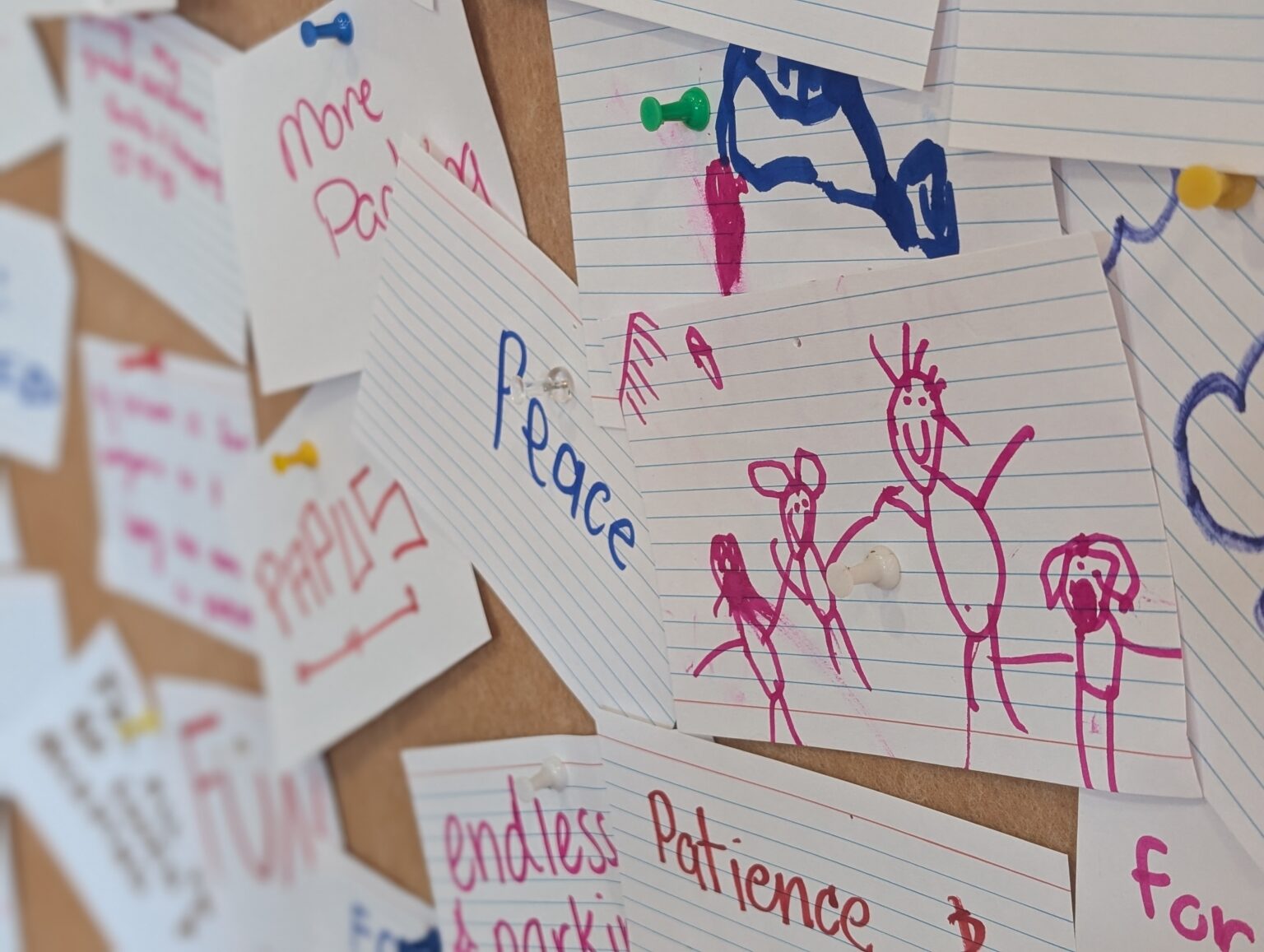
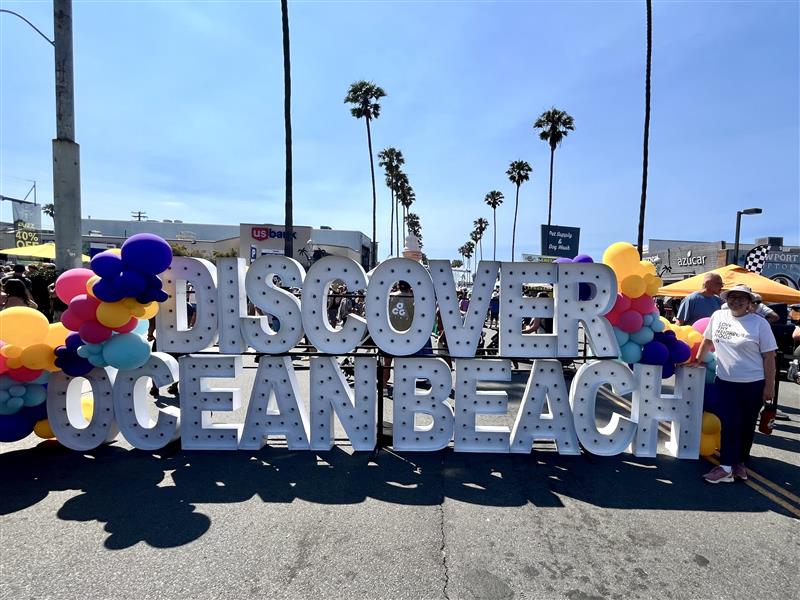 We didn’t have chili or stuff to sell or prizes to win–what we offered was free water for the thirsty and space for the hopeful. Under our pop-up, next to the coolers filled with chilled water, we set up a large board with a simple yet profound question at the top: “What is your dream for your neighborhood?”
We didn’t have chili or stuff to sell or prizes to win–what we offered was free water for the thirsty and space for the hopeful. Under our pop-up, next to the coolers filled with chilled water, we set up a large board with a simple yet profound question at the top: “What is your dream for your neighborhood?”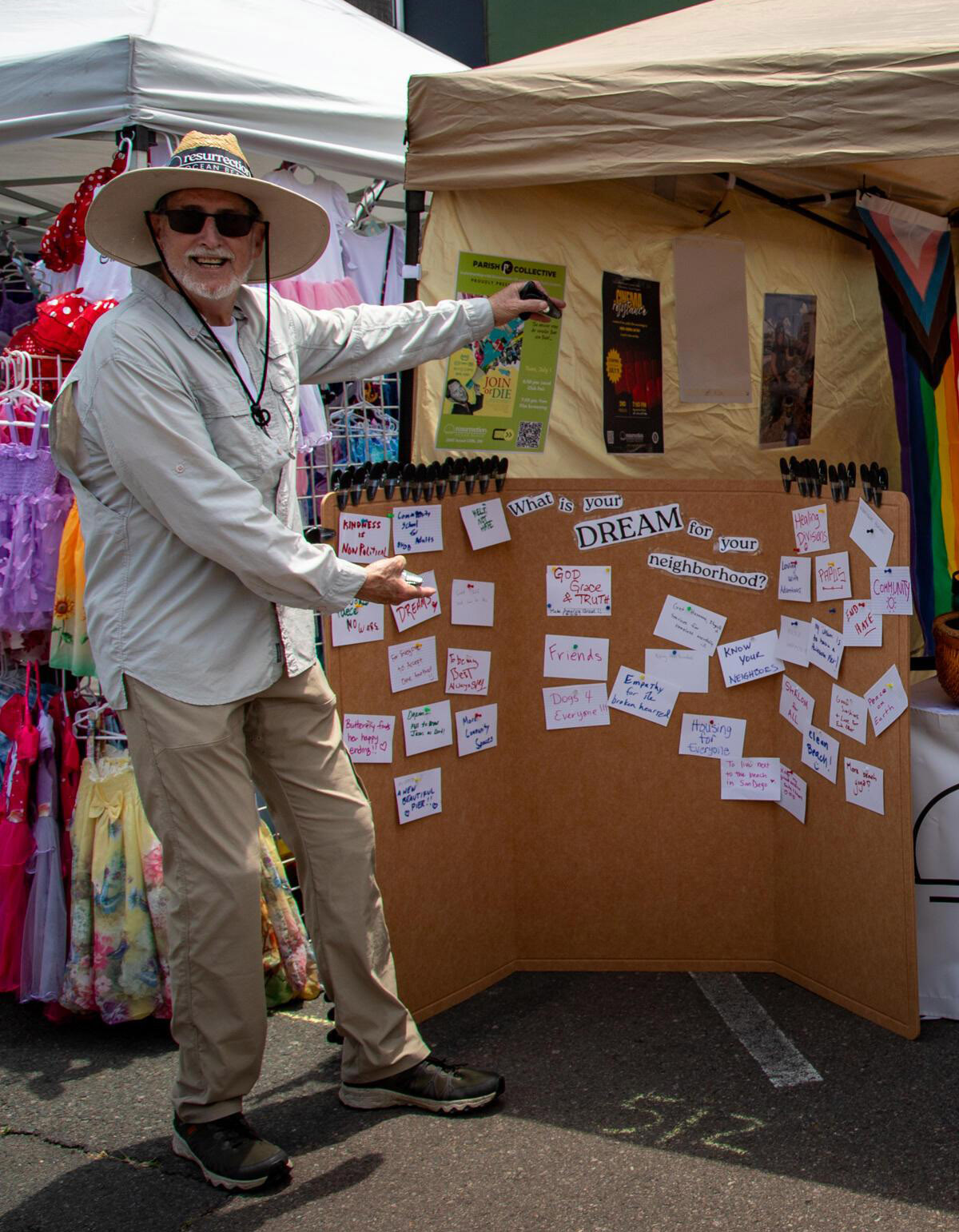 marker.
marker.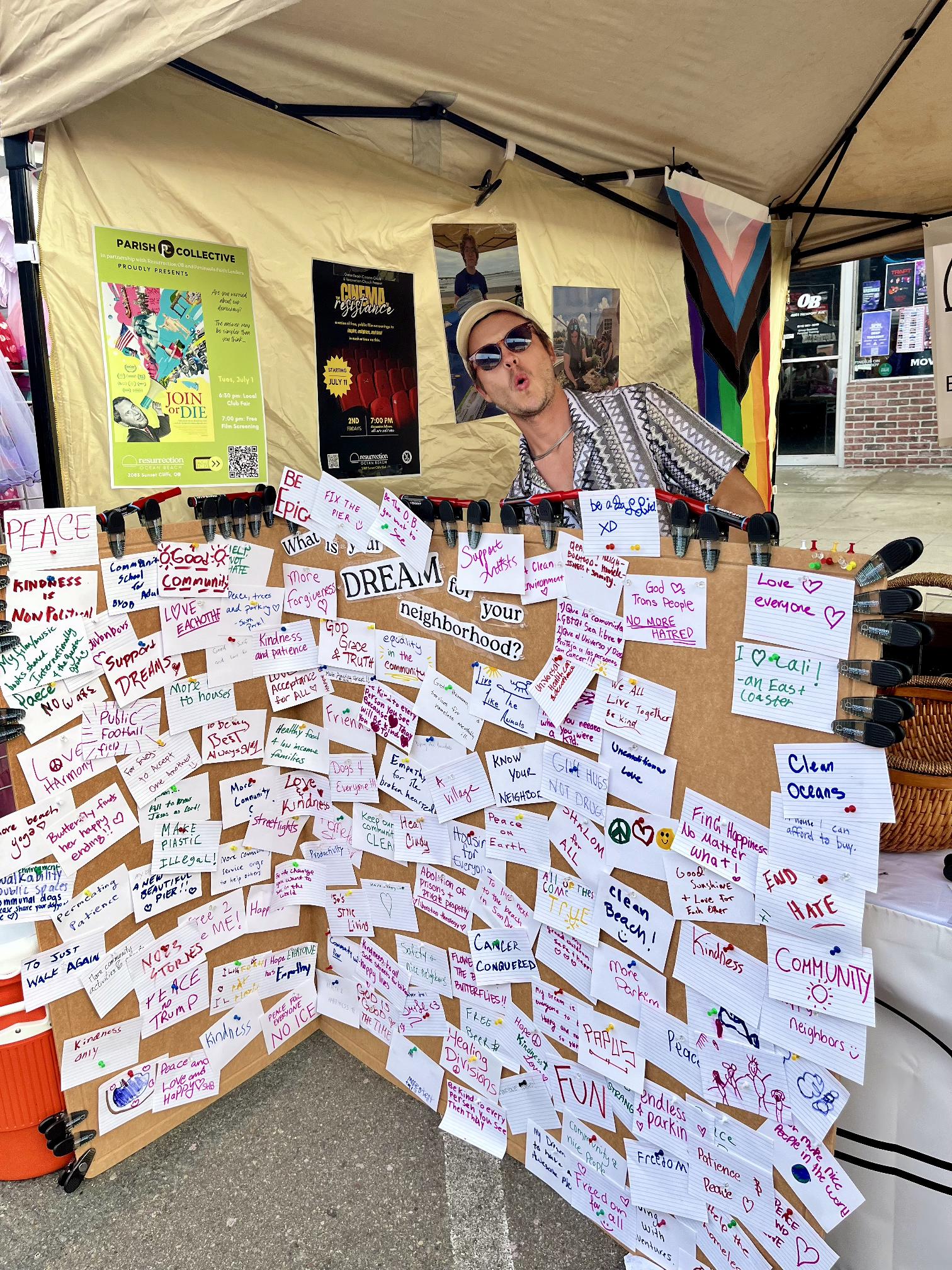 The board filled throughout the day, but we were surprised by the volume. It wasn’t just a few reflective individuals; it was dozens and dozens. People who didn’t think they had anything to say suddenly found they did, and what they shared was honest, heartfelt, and often remarkably vulnerable.
The board filled throughout the day, but we were surprised by the volume. It wasn’t just a few reflective individuals; it was dozens and dozens. People who didn’t think they had anything to say suddenly found they did, and what they shared was honest, heartfelt, and often remarkably vulnerable.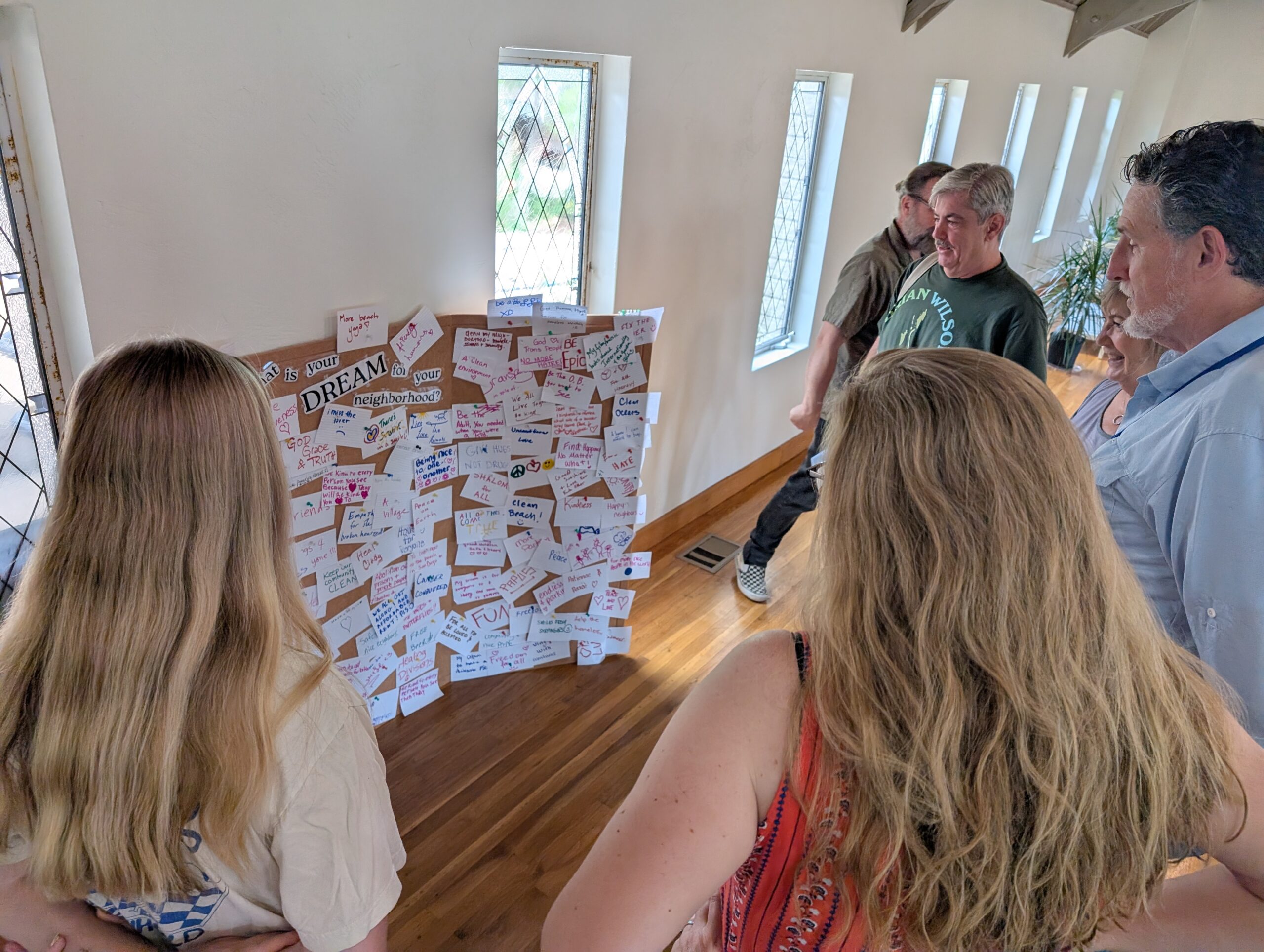 prayers of our community. One by one, church members walked up to it, quietly reading what had been shared. And then something beautiful happened, we all kind of started nodding in agreement. Recognizing each truth, each prayer that had been written. Realizing that nearly every prayer on that board was one we shared, too.
prayers of our community. One by one, church members walked up to it, quietly reading what had been shared. And then something beautiful happened, we all kind of started nodding in agreement. Recognizing each truth, each prayer that had been written. Realizing that nearly every prayer on that board was one we shared, too.